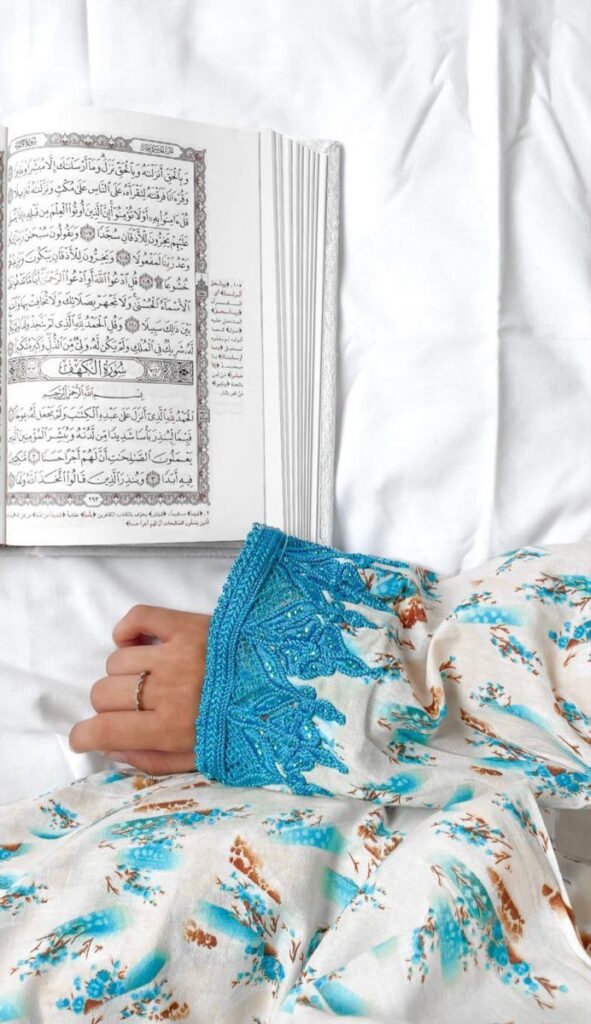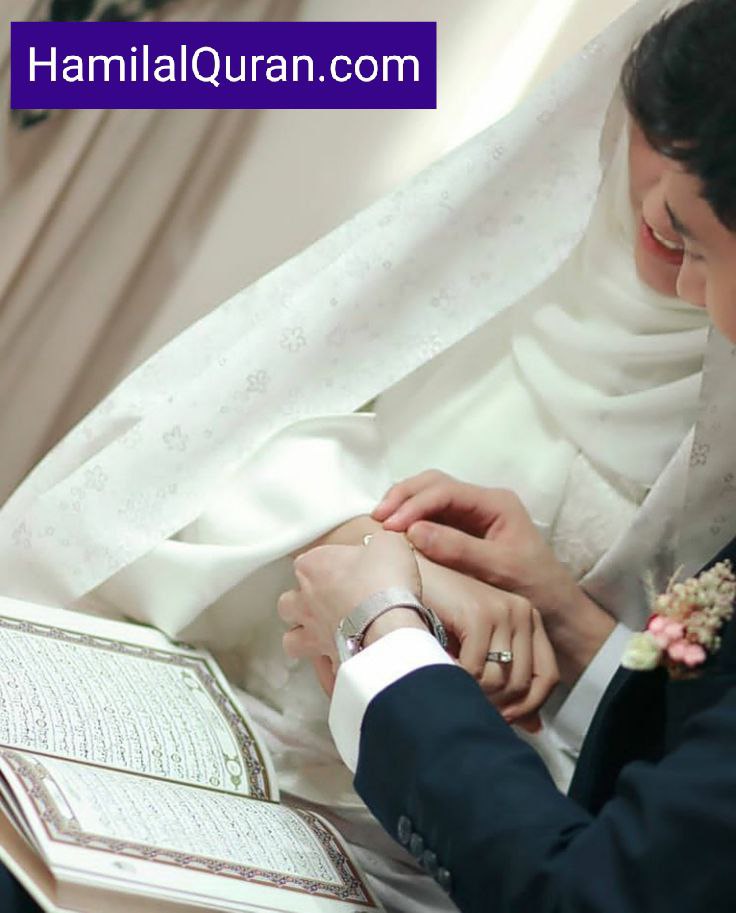Islam grants women many rights and protections. Islam places a strong emphasis on human rights and dignity. The Holy Quran and the teachings of the Prophet Muhammad (PBUH) emphasize the importance of treating all human beings with respect and compassion, regardless of their race, gender, or religion. One of the most important rights granted to women in Islam is the right to education.
Hamil Al Quran Academy offers free online Islamic courses for beginners trials to learn more about Islam.
Women’s right to education
In fact, Islam places a strong emphasis on education for both men and women. The Prophet Muhammad (PBUH) himself said that
“The search for knowledge is an obligation laid on every Muslim, male or female”
(Al-Tirmidhi)
Throughout Islamic history, there have been many examples of women who were scholars, educators, and leaders in their communities. For example, the famous Muslim scholar Aisha bint Abu Bakr the wife of the prophet was known for her extensive knowledge of Islamic law and history. She was also a teacher and mentor to many students, both male and female.
In modern times, Girls are now allowed to attend school and get higher education in many Muslim countries, and there are many female scholars and educators who are making important contributions in various fields. In fact, the first word that was revealed in the Holy Quran was “Read,” indicating the importance of education. This emphasis on education has led to many Muslim women becoming scholars, educators, and leaders in their communities.

Women’s right to have their property & Dignity
Another important right granted to women in Islam is the right to own property. Women have the right to own and control their own property, and they are entitled to their fair share of inheritance. This is a significant departure from pre-Islamic Arabian society, where women were often treated unjustly.
Islam also grants women the right to work outside the home if they choose to do so. Women are allowed to pursue any career they wish, as long as it does not conflict with their religious duties and family duties. This has led to many Muslim women becoming doctors, lawyers, engineers, and other professionals.
Islamic dress typically involves covering their hair and wearing loose-fitting clothing that covers their arms and legs. This dress code is referred to as hijab, which means “covering” or “veil” in Arabic.
Islam encourages modesty and decency. women’s rights in Islam is to wear the veil to cover their body and hair.
The Holy Quran instructs both men and women to lower their gaze and guard their modesty. Tell the believing men to lower their gaze and be modest. and guard their private parts. That is purer for them. And tell the believing women to lower their gaze and be modest. (Surah Al-Nur: 30-31)
While hijab is often associated with the headscarf, there are different styles of Islamic dress that women may choose to wear. Some women may choose to wear a full-body covering, such as a burqa or niqab, while others may wear a headscarf and loose-fitting clothing.

wearing a hijab is obligatory in Islam. Islamic dress should be a reflection of a woman’s own faith and beliefs, and it should not be used as a means of control or oppression. Islamic dress for women typically involves covering their hair and wearing loose-fitting clothing that covers their arms and legs. This dress code is referred to as hijab, and it is a reflection of a woman’s respect for herself and her faith
Women’s right to choose their own spouse
The right to choose their own spouse: While arranged marriages are common in some Muslim societies and this type of marriage is the best to guarantee safety and Allah’s pleasing in Marriage, Islam actually encourages women to have a say in their own marriage. The Prophet (PBUH) himself set an example of allowing women to choose their own spouses. In one instance, a woman came to him and said that her father had arranged a marriage for her, but she did not want to marry the man he had chosen. The Prophet Muhammad asked her if she was willing to marry someone else, and she said yes. He then allowed her to marry the man of her choice.
Allah SWT in The Quran says
"Do not prevent them from remarrying their [former] husbands if they agree among themselves on an acceptable basis."

Women’s right to financial support
Men are required to provide financial support to their wives and families. This is known as Nafaqah, and it includes providing for their basic needs such as food, clothing, and shelter. The Quran Says:
"Men are in charge of women by [right of] what Allah has given one over the other and what they spend [for maintenance] from their wealth."
This verse emphasizes the responsibility that men have to provide for their families money and security, and it recognizes the important role that women play in the family and society.
The Verse has not limited the financial support to married women only. In fact, Islam also recognizes the right of unmarried women to be supported by their male relatives starting from the Father, Brother, uncles..etc
It is important to note that this right to financial support does not absolve women of their own responsibilities. Women are also encouraged to work and contribute to society if they are able to do so. However, this right ensures that women are not left vulnerable and that they have the ability to live with dignity and security. the right to financial support for women is an important aspect of Islamic law. Men are required to provide for their wives and families, and this right extends to unmarried women as well. This right ensures that women are not left vulnerable and that they have the ability to live with dignity and security.
Women’s rights in cases of divorce or separation
Islam places a strong emphasis on providing financial support to women who may be in a vulnerable position due to divorce or separation.
When a couple divorces in Islam, the husband is required to provide financial support to his ex-wife during the iddah period, which is the waiting period before the divorce is final. This support includes providing for her basic needs such as food, clothing, and shelter. The husband is required to provide financial support to his ex-wife during the iddah period and may also be required to provide alimony or maintenance after the divorce is finalized. This right ensures that women are not left vulnerable and that they have the ability to live with dignity and security even after a divorce or separation.
Conclusion
Islam religion places a strong emphasis on the rights and dignity of women. The Holy Quran and the teachings of the Prophet Muhammad (PBUH) emphasized the importance of treating women with respect and kindness. The Holy Quran teaches that men and women are equal in the sight of God. you may read Is There Gender Equality In Islam? The Full Answer
"Whoever does righteousness, whether male or female, while he is a believer - We will surely cause him to live a good life, and We will surely give them their reward [in the Hereafter] according to the best of what they used to do"
The Prophet Muhammad (PBUH) also set an example of treating women with respect and dignity. He encouraged men to be kind to their wives and to treat them with love and compassion
